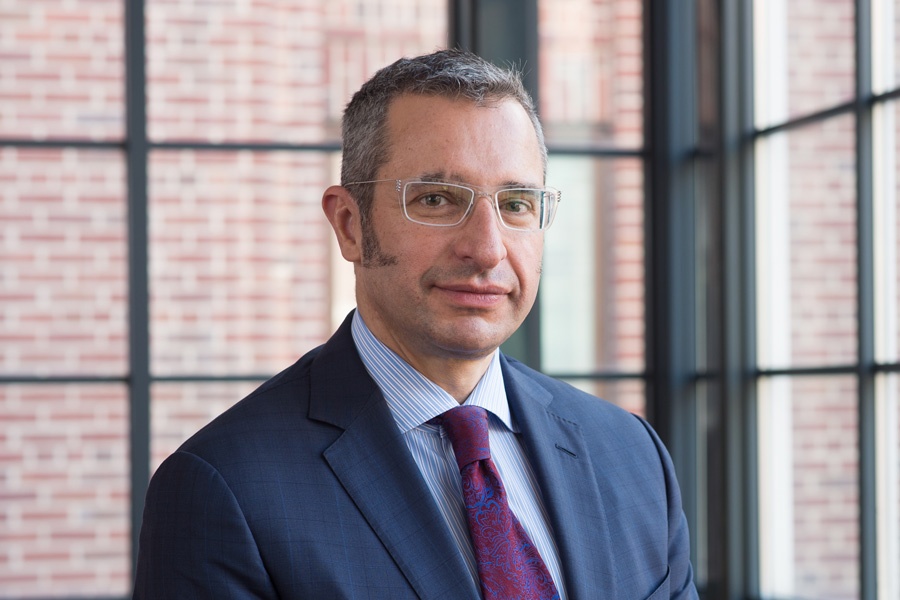What is your current role in health care?
“I am a practicing thoracic surgeon at M Health Fairview. I spend about 30% of my time doing administrative duties, 50% doing clinical responsibilities, and the rest are academic activities.”
What stands out as a favorite memory during your time as an MHA student?
“The people are what I remember most. I enjoyed the in-person group activities, getting together and connecting with and learning from each other.”
How has the MHA Program helped prepare you for your career?
“I am in charge of the Division of Thoracic and Foregut Surgery in the Department of Surgery, and so I have to understand where the money comes from, why does the hospital do something in a particular way, why do people say one thing or another, how do operations run, what works well and what doesn’t? In the past I’d get upset because I didn’t understand why certain events occurred or particular decisions were made. I realized that if I wanted to run a division effectively, mentor junior faculty, train fellows and residents, and sustainably grow, I needed to learn something new.
The way it helped me the most, is to understand healthcare better. I am still learning how to thrive and build a practice with that knowledge; it has been incredibly useful.”
What challenges and opportunities will healthcare leaders encounter in the next 5-15 years? What skills will leaders need to be successful in light of these challenges and opportunities?
“The most talked-about challenge is the cost of healthcare in the United States. I am of the opinion, that the environmental impact of healthcare is another extremely pressing issue, that ties directly into costs, and that has been very slow to get the public’s and the healthcare sector’s attention. Nonetheless, the majority of environmentally friendly healthcare initiatives also lead to cost savings.
Finally, an acutely pressing challenge is staff shortages. It has been a long time coming, but it really got worse with COVID.
There is a lot of short-termism in leadership in general and within healthcare in particular. The next budget cycle dictates most decisions, with little room to plan for the future. I believe this problem stems in part from hospitals’ chronically precarious margins, incongruence between individual leaders’ measures of success and long-term institutional measures of success, and imprecise or inadequate measures of success. In fairness, not everything runs this way, but it’s been the dominant thought process of how we are “going to get through this year”. That is a big opportunity for growth for leaders.
In summary, cost, environment, and staffing are the main challenges we face now and for the foreseeable future and will require intense innovative thinking.”
If you could give one piece of advice to a current student, what would it be?
“You have to be both a firefighter and an architect. The firefighter takes care of the crises and the architect builds for the future. You have to do both. In healthcare, we tend to be mostly firefighters. I learned that concept from Christine Lagarde, the former managing director of the International Monetary Fund.”
Why is your class the best class ever?
“Because of the people.”

